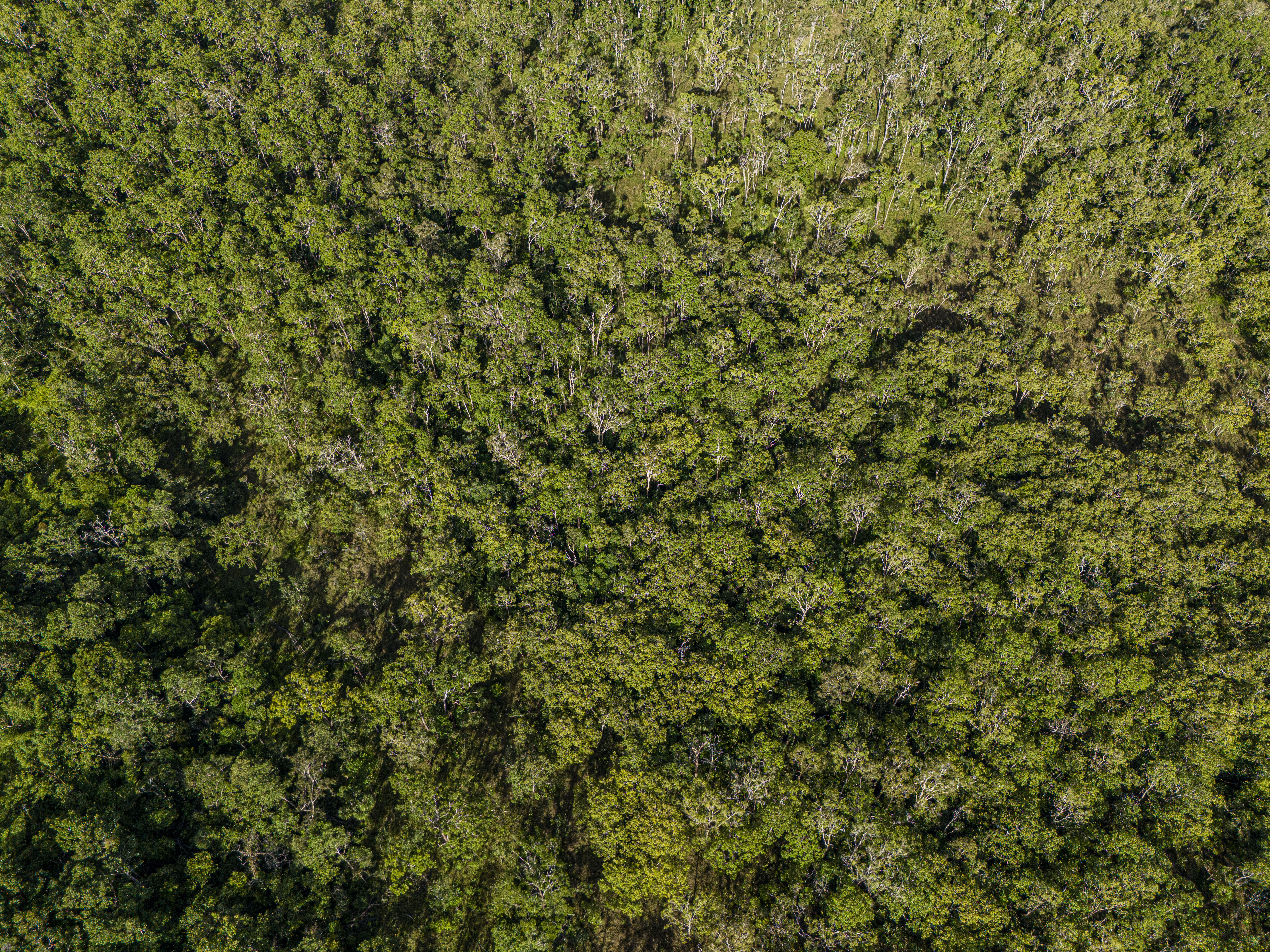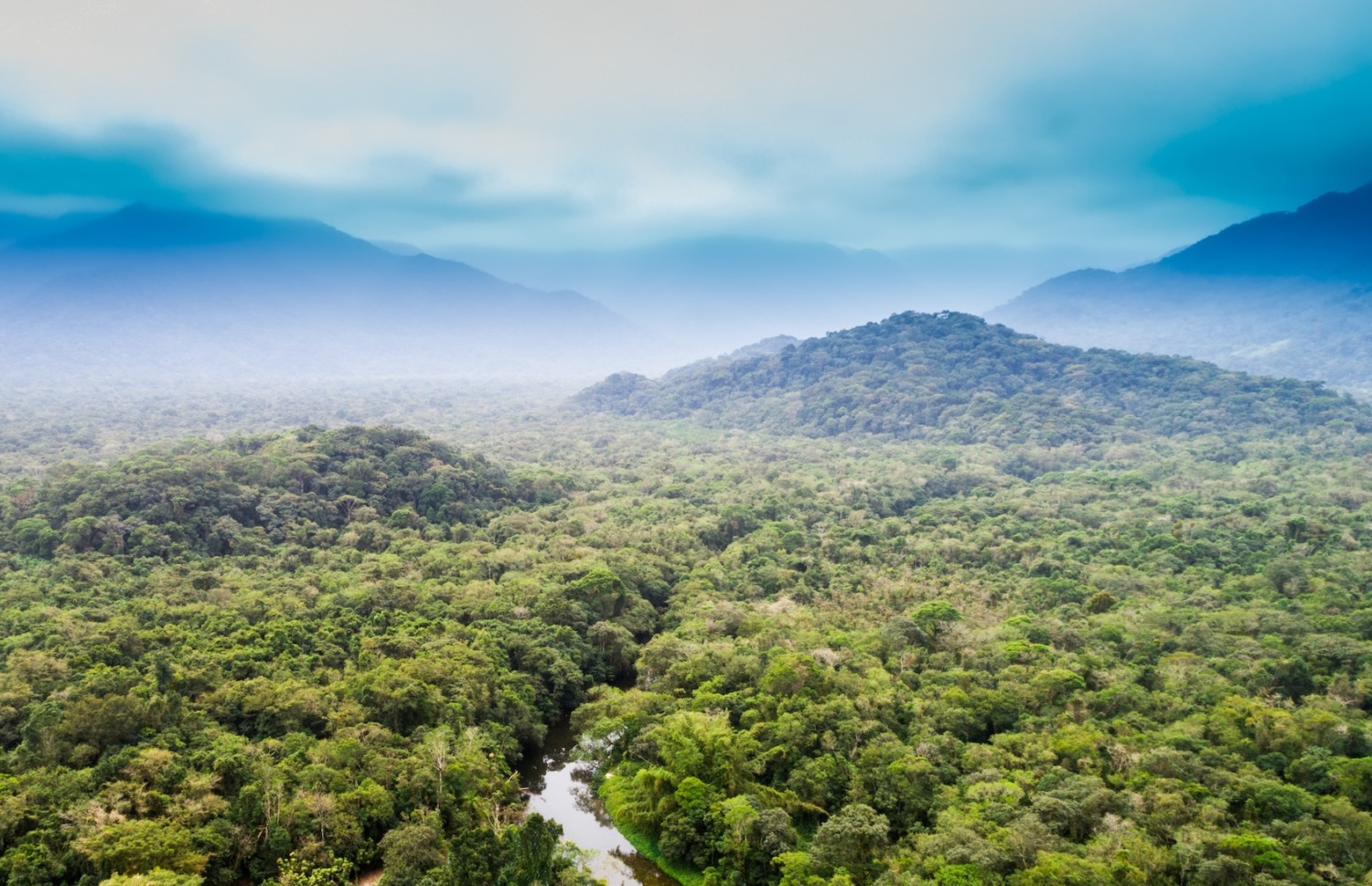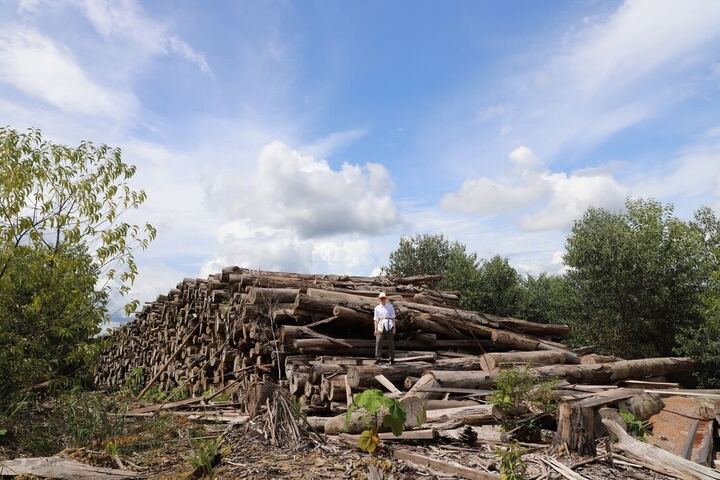
Carrefour: Swapping smoke screens for accountability?
Mighty Earth analyses the retail giant’s new Forest Transparency Platform.
By Boris Patentreger
In a groundbreaking revelation, Carrefour’s new Forest Transparency Platform emerges as the first tangible outcome of the relentless “Carrefour Nous Enfume” campaign waged by Mighty Earth. This campaign, ignited in France in September 2022, exposed the nexus between Carrefour’s beef products and Brazilian-based JBS, the world’s largest meat producer. The investigation revealed meat products in Brazilian Carrefour stores, the biggest retailer group in the country, sourced from JBS slaughterhouses, were linked to illegal deforestation on cattle farms in an Indigenous reserve in Rondônia in the Amazon (Sources: Mighty Earth & Center for Climate Crime Analysis). In response to alerts from Mighty Earth, Carrefour suspended beef supplies from the two JBS slaughterhouses. Later, it was revealed that Carrefour exerted pressure on JBS, leading to the meat giant banning 177 non-compliant farms in the state of Rondônia. Carrefour’s new transparency platform on deforestation not only stands as Carrefour’s response to the deforestation allegations but also as the first-ever global alert management system in the retail industry. It must now manifest as tangible, scalable actions to ban and prohibit all Carrefour’s beef suppliers associated with deforestation.
From Accusations to Innovation
French-based retailer Carrefour, thrust into the spotlight by Mighty Earth’s damning satellite image-based reports, has not just weathered the storm but may have emerged as a pioneer in corporate accountability. The most important result of the investigation is on beef – the main driver of deforestation in the Amazon.
Carrefour’s Forest Transparency Platform publicly states: “In the state of Rondônia, JBS supplies Carrefour from more than 5,000 direct farms. Each of them was the subject of a new third-party verification by geomonitoring (…) After several stages of in-depth verification, Carrefour obtained the delisting of 177 farms deemed non-compliant from all JBS supplies.”
In response Glenn Hurowitz, CEO of Mighty Earth, said: “Today, in the worst slaughterhouses of the worst meat company in the world, Mighty Earth’s campaign has succeeded in pushing Carrefour, the leading retailer in Brazil, to send a strong market signal to the beef sector: ‘There is no room for deforesters on supermarket shelves.’ This is the first, but significant step towards continuing to drive down deforestation in the Amazon to reach zero by the end of this crucial decade of action.”
This first Forest Transparency Platform for a global retailer is a testament to the power of advocacy, and Mighty Earth’s “perfect storm” approach involving engagement with Carrefour executives and external pressure campaigns, transforming accusations into innovation. By creating a global alert management system, Carrefour shifts the narrative from evasion to accountability, setting an industry standard that demands attention. Other major retailers, such as Ahold Delhaize, Tesco and Leclerc will need to raise their game to follow, and Mighty Earth will be working to ensure that happens.
Transparency as a Radical Act
The Forest Transparency Platform’s significance lies not merely in its existence but in its commitment to transparency in response to deforestation and human rights violation alerts. Carrefour goes beyond a mere acknowledgment of issues; it opens the floodgates of information regarding alerts received and provides quarterly updates on actions taken related to each alert. This level of transparency and accountability is a radical departure from the industry’s convention of concealing supply chain practices, notably in the beef and soy sectors. The platform sets a significant new precedent for the soy animal feed, dairy and meat sectors, as well as retailers.
The Road Ahead
However, Carrefour’s Forest Transparency Platform’s impact is yet to be fully realized. A new study by Mighty Earth through its Rapid Response deforestation monitoring program recently found beef products in Carrefour and Brazilian supermarkets are sourced from 36 JBS, Marfrig and Minerva-owned slaughterhouses, which are linked to more than half a million hectares of deforestation in the Amazon and Cerrado between 2009 and 2023. The stakes are immense, and it should have started much earlier.
While quarterly updates and transparent actions are commendable, the battle against deforestation, ecosystem conversion and human rights abuses require a much broader scope and urgency. While the Carrefour platform also includes alerts related to the soy sector, it seems that the scope of the activities on soy are just focused on quality own brands lines for Carrefour in France, a very small scope of application. Carrefour has hundreds of retail stores from Brazil to Spain, and so must extend this level of transparency to encompass all its companies’ locations but also all commodities, leaving no room for ambiguity. And then Carrefour must push known deforesters like JBS to act and stamp out deforestation from all its slaughterhouses and all its indirect suppliers.
The call to action is clear – the eradication of products stemming from deforestation and ecosystem conversion must not be a selective process for the worst cases but an urgent, global and comprehensive supply chain transformation.
Global Deforestation Realities
The urgency to address deforestation is underscored by the alarming global trends. While Amazon deforestation saw an important 50% decline in 2023, global figures remain worryingly high. Moreover, the Cerrado savannah – a forgotten jewel in Brazil – is witnessing an alarming 43% surge in deforestation last year, driven by the expansion of soy cultivation for animal feed. Carrefour’s Forest Transparency Platform should not be a mere reaction to past accusations but a proactive stance and tool against the grim realities of global deforestation.
Conclusion
Carrefour’s Forest Transparency Platform is not just a response to Mighty Earth’s ‘Carrefour Nous Enfume’ campaign; it is a potentially radical leap towards a more sustainable future. Industry must take note – transparency is not a concession but an obligation. Carrefour has finally set the bar; now, it’s time for all retailers to rise to the challenge. It is also time for meatpackers and soy traders like JBS, Bunge and Cargill to implement policies that match the challenge by blocking all direct or indirect suppliers who have produced beef or soy linked to deforestation. Transparency is not an end; it’s a call to action. The question remains, will the industry answer? JBS, Cargill, Bunge have been playing with fire for too long. It’s time for them to be held accountable. Only time will unveil the trajectory from smoke screens to real accountability. To begin, Carrefour must publicly and immediately suspend its sourcing from slaughterhouses and traders linked to deforestation caused by soy and beef, as notably highlighted by Mighty Earth reports. The planet can no longer afford to waste more time.


